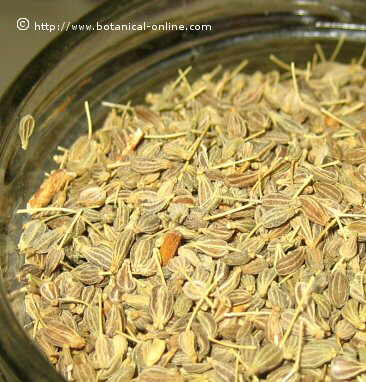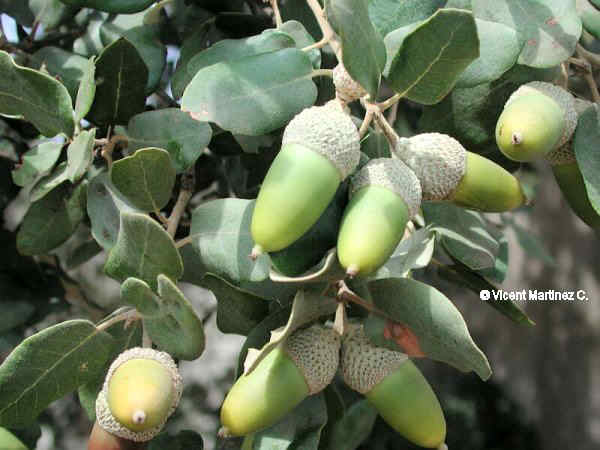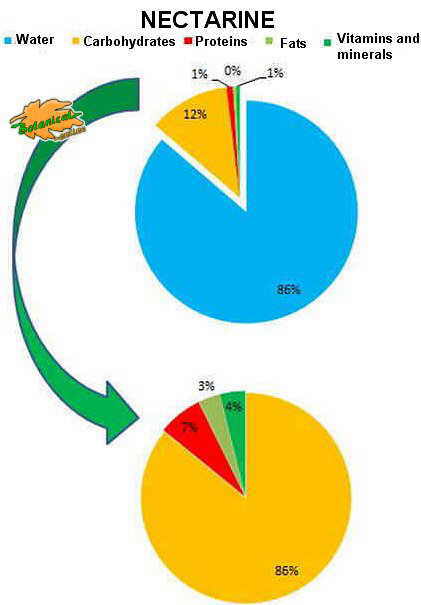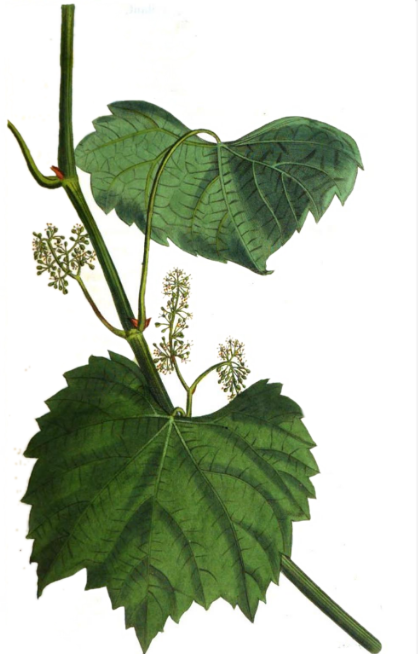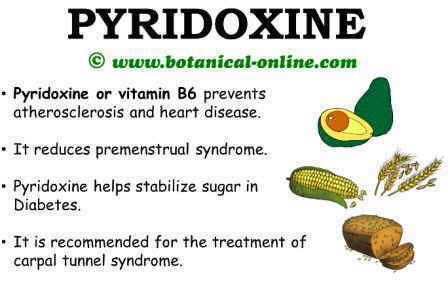Contents
Benefits of rose hips
Rose hips: one of the richest foods in vitamin C in the world
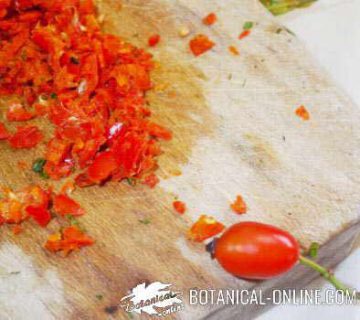
As it was said at the beginning of the article, these fruits are very interesting because of their enormous richness in vitamin C. It is said that in England, during the Second World War, rosehip syrup had been used as a supplement for children, when other fruits were scarce fresh, due to import problems to obtain other fresh fruits
Rosehip syrup provided them with all the vitamin C that was lacking in the diet, being a real antiscorbutic medicine (scurvy is the disease due to vitamin C deficiency).
Rose hips for anemia
Currently, rosehip syrup is a common ingredient in many vitamin supplements for anemia, because vitamin C increases the absorption of iron from food.
Nutritional supplements with rose hips are also used in natural cold preparations, due to the multiple properties of vitamin C for the immune system and its ability to shorten the disease time.
Rose hips for cholesterol
The huge amount of vitamin C that these fruits contain is not the only thing that makes them exceptional. Rose hips are also very rich in flavonoids such as lycopene, anthocyanins and other phytochemicals that have potent antioxidant properties.
How to take advantage of vitamin C from rose hips?
We know that this vitamin is thermolabile, that is, the temperature spoils it, therefore, if we want to take advantage of all its vitamin C, it is better not to cook the rose hips, or to apply high temperatures.
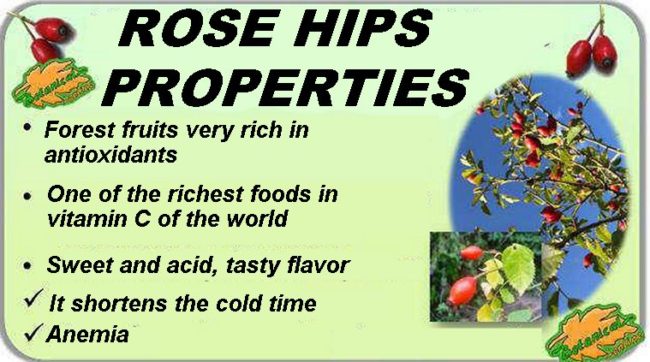
Nutritional value of rose hips
In addition to vitamin C, rose hips also contain a lot of calcium, potassium and vitamin A (in the form of beta-carotenes), in addition to the nutritional benefits of wild plants. See below the table of nutritional composition of rose hips:
Table of nutritional composition of rose hips
| Nutritional composition of rose hips per 100 g. | |
|---|---|
| Fat (seeds) | 1,6 gr. |
| Protein | 6,7 gr. |
| Fiber | 4 gr. |
| Potassium | 185 mg |
| Phosphorus | 258 mg |
| Iron | 0,5 mg |
| Sodium | 145 mg |
| Magnesium | nc |
| Calcium | 257 mg |
| Vitamin C | 2.365 mg |
| Vitamin A | 15.000 mg. |
![]() More information on rose hips and dog rose
More information on rose hips and dog rose

